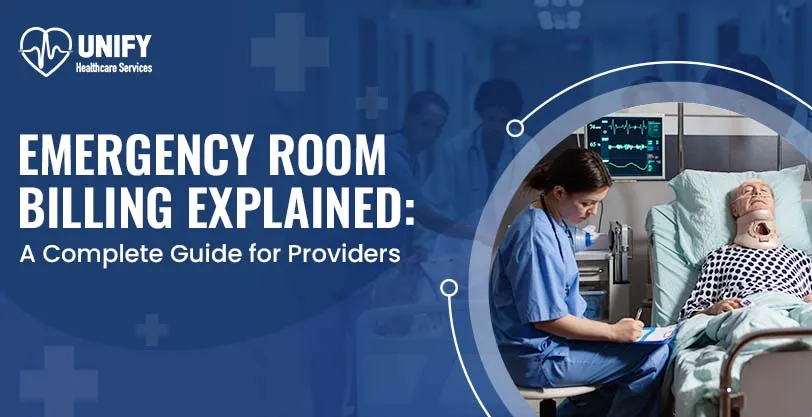One of the major responsibilities of healthcare entities is to ensure that the providers listed to render any services are who they claim to be. They must have the training, skills, and licenses needed to perform any function successfully.
There are various moving parts that can confirm these critical requisites collectively, which is referred to as credentialing. Delegating credentialing is an effective solution for this labor-intensive and time-consuming operational function. This is where efficient physician billing services can help you secure adequate reimbursement. In this blog we will learn about delegated credentialing and other information that is needed to decide on the best course of action for your organization.
What Is Delegated Credentialing?
Delegated Credentialing happens when a healthcare entity authorizes some other healthcare entity to credential its healthcare providers. This happens when a preferred provider organization delegates the provider's credentialing process to a hospital. Superbills in medical billing and delegated credentialing are both similar in some ways as both have the power to affect the revenue structure of your organization.
Apart from credentialing verification, the delegated entity is responsible for reviewing provider qualifications and executing credentialing decisions on behalf of the delegating entity. Expert physician billing services can significantly make the process smoother.
Ongoing Credentialing Obligations
Verifying data across the above spectrum is a tedious task, but the providers must be recredentialed at least every two or three years at each facility and with every payer.
This includes separate credentialing at every facility within the same organization. This is a huge hassle for providers. This is one of those processes that should be left to professionals. Outsourcing works as the best alternative for healthcare providers. There can be two approaches to delegated credentialing.
Outsourcing to External Credential Verification Organization
There are specialized groups called CVO whose main function is to perform primary source verifications for healthcare organizations.
Internal Credential Verification Organization
Healthcare organizations can establish a central office that is dedicated to providing verifications for healthcare providers across all facilities.
Understanding Regulators & Delegating Credentialing
There are various regulators involved with or have an interest in delegated credentialing.
NCQA (National Committe for Quality Assurance)
NCQA’s focuses on driving improvement across healthcare delivery systems. NCQA guidelines are considered to be the gold standard for quality. In a lot of cases these guidelines form the basis of delegated contracts, which means it is important for entities to review their standards and requirements thoroughly.
CMS (Centers for Medicare & Medicare Services)
CMS is a part of the US Department of Health and Human Services (HHS), Medicare, Medicaid, the Children’s Health Insurance Program and Portions of the Affordable Care Act.
Some entities offer health services covered by these Federal Health Programs looking to delegate the credentialing process. They must know that the CMS has additional requirements that go beyond NCQA’s guidelines.
Local State Government
Some governments have other requirements for the credentialing process. This includes mandatory application, use of universal organization to conduct primary source verification, and specific turnaround times for credentialing processes.
Delegated Credentialing
The demand for healthcare services is only growing day by day. Delegated credentialing has the ability to pay significant dividends in both time and money for healthcare organizations that want to keep up with the growing industry pace.
Delegated credentialing helps reduce operational costs and support provider groups in maintaining control and consistency in their revenue cycles.
Benefits of Delegated Credentialing
There are four strategic benefits related to leveraging internal or external CVO to manage and centralize the provider credentialing process. Let's take a look at these benefits.
Decreased Payer Enrollment Timeline
Delegated credentialing agreements can significantly reduce the time it takes to successfully enroll a provider with health plans. If a provider does not have accurate delegated credentialing, it may take payers up to 120-160 days to credential the provider.
Getting delegated credentialing agreements with payers can decrease the timeframe to 30-45 days.
Medical Staff Bandwidth
Providers at healthcare organizations have the additional burden of credentialing because every facility must verify the same credentials. Centralizing the process can help you optimize the process and give medical staff more time to focus on their core responsibilities.
Freeing up healthcare professionals is important for organizations because this helps providers invest more time in privileging and board approvals.
Provider Working Time
In normal scenarios, providers working across various facilities need individually to complete credential verification paperwork for every facility. Centralizing this process saves a lot of time for providers and decreases energy expenditure redundancies.
Revenue
When healthcare organizations decrease their overall paperwork, this gives providers time to offer care to more patients. Increased patient encounters directly affect organizational revenue, ultimately boosting your revenue.
Patient Satisfaction
Initially, the credentialing process takes a lot of time. However, centralizing operations through delegated credentialing fosters a faster onboarding process for providers. This decreases the scheduling time and increases patient satisfaction.
How the Right Billing Partnership Can Help You?
Having professional billing experts by your side is the best way to simplify all your operational processes. This is helpful for promoting smoother operations for involved employees, your facility, and the patients in your facility. They use technology that can foster:
Real-Time Data: Technology can be used to access and evaluate loads of data with efficiency whenever you need it.
Integration Friendly: A robust technological infrastructure can be easily integrated in existing workflows of organizations.
Automation with AI: AI can significantly reduce the load by handling repetitive tasks within the organizational structure.
Audit Ready: It ensures that your organization is always in sync with the regulations, which reduces the chances of audits.
Path to Delegation: A team of professionals can help you set up your credentialing committee and obtain delegated credentialing agreements.
The Right Partnership for Your Organization
Finding the right partner who can help you manage the entire billing process can be a difficult task. Unify Healthcare Services is a well-established medical billing company that has the expertise of dealing with all sorts of medical billing and coding needs.
We have a team of experts who are well-versed in all the elements of medical billing and coding. With immense expertise and a proactive workforce, we ensure that you get paid for every single treatment you render to the patient.
Unify Healthcare Services understands the value of accurate and adequate reimbursements. We know that the finances of any healthcare practice can directly affect the mental state of the practitioner. Which is why we not only provide our services; we provide mental peace.


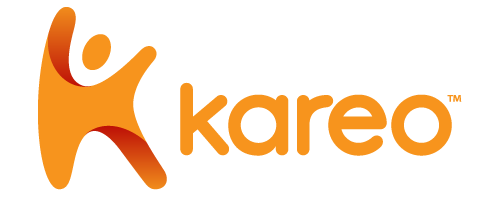





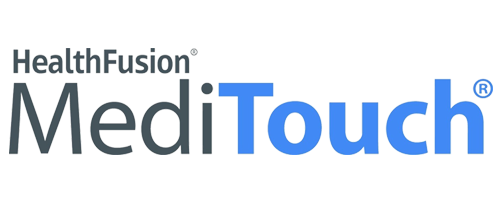



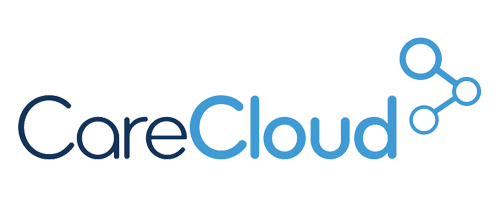

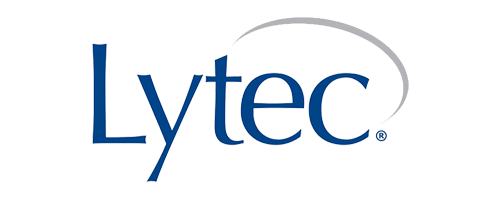

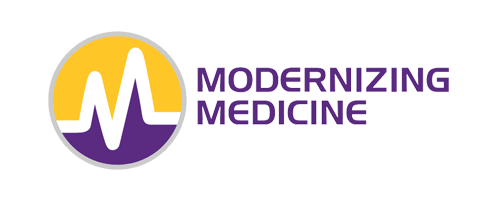





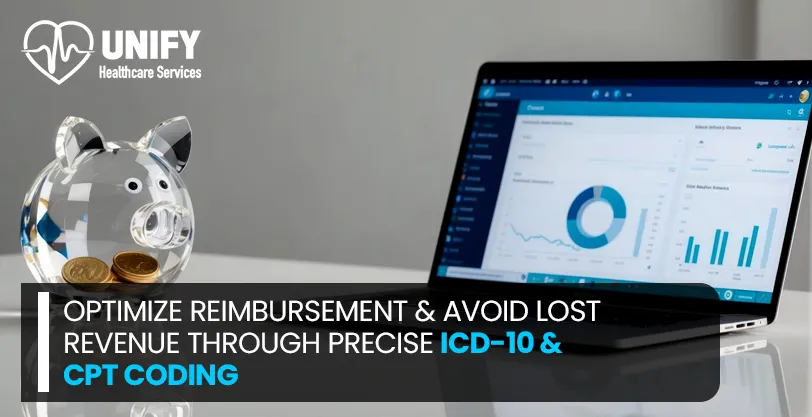






 1.jpg)
